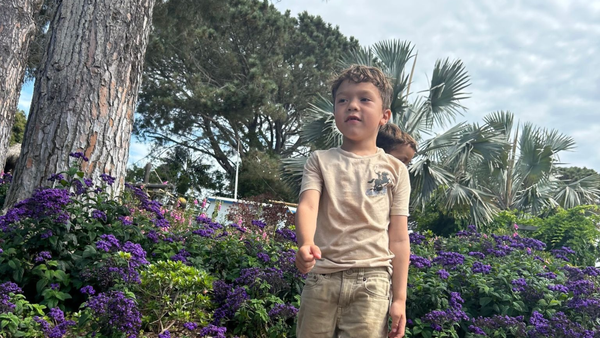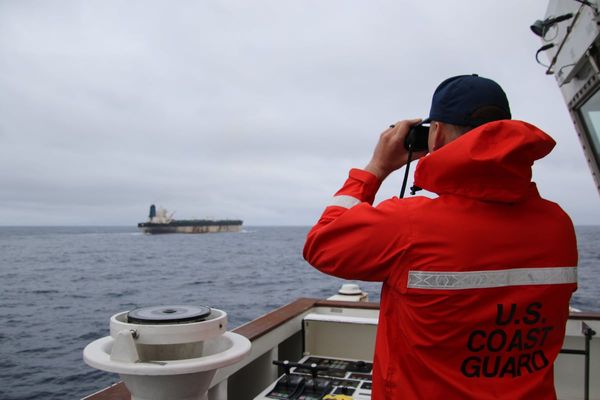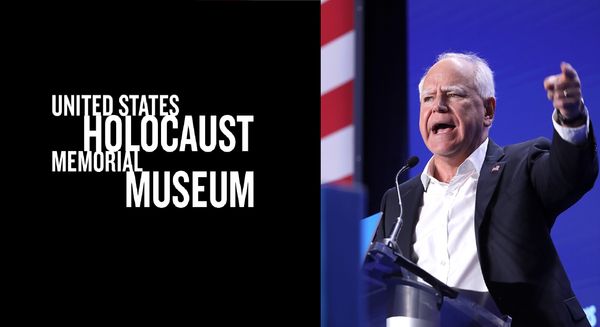Omar Alhaj Ali remembers how he and his brother, Mohammad, felt when they first arrived in the UK from Syria in 2014. “We were so happy to be safe”, he says. “We knew that we were going to have a good life here”. Mohammad, he says, was “a very positive person. He wouldn't complain about anything unless it was really major, and he always had positive thoughts about our future.” Along with another brother, Hashem, Mohammed and Omar had fled Daraa, where civil war was unfolding, and arrived in England seeking asylum. Their family were thousands of miles away; they knew no one in the UK; and couldn’t yet speak English. But they had each other to lean on.
“We used to look the same as well,” says Omar, of those days, when he and Mohammad had matching haircuts and beards. “Some people would think I was Mohammad, and they would call him Omar.” The pair eventually settled in west London, in a newly refurbished flat where they would listen to music, talk about home, and host their new friends. “Even though it was a short time, we built a lot of memories,” he says.
They would have had so much more time together, had things not been cut short in the most painful of circumstances. On 14 June 2017, a fire ripped through the tower block where they lived in west London. That tower was Grenfell, and the events of that night – which killed 72 people and changed the lives of survivors like Omar indelibly – made headlines across the world. The fire moved rapidly through the building due to the plastic-filled cladding that had been added to its exterior, in part for aesthetic reasons. Meanwhile, the London Fire Brigade’s “stay put policy" meant that, by the time it was clear that an evacuation was necessary, it was too late for many of Grenfell’s residents to escape. These included Mohammad, who became separated from Omar in the chaos and thick smoke. He would eventually jump to his death from a window.
Olaide Sadiq was on holiday when she first heard about what had happened. On a breaking news channel, in Thai, reports came in about a fire at a high-rise building. “We were like, London? That doesn’t happen in London,” she recalls. “It looked like something out of a film.” Trying to find accurate information, she skipped through the channels, looking for BBC News. As a Black woman who grew up in a building similar to Grenfell – albeit in south rather than west London – she felt a connection to the story as soon as she had watched that first news report, and recalls the sombre feeling that engulfed her social circle when she returned to London. At the time, Sadiq was 24 and had just started her career in television. Eight years on, she is now the director of a damning and powerful new documentary about Grenfell, which centres the mixture of institutional failure from the fire brigade and local council; corporate greed; and political apathy that led to the single deadliest fire in the UK since the second world war.
Produced by UK indie outfit Rogan Productions, Grenfell: Uncovered is a Netflix release, and has the sort of polish that usually characterises films on the platform. But it is also striking in its willingness to dig into the reasons why Grenfell happened. “A lot of people I know just think it was a horrible accident, and they don’t really know anything beyond that,” says Sadiq. “We had an opportunity to put everything on the table, and then to make it into something that would be digestible for people”. The film leaves viewers in no doubt that the companies that made the cladding used for the tower knew that it was unsafe. It also clarifies that it was the UK’s lax building regulations and emphasis on cutting red tape that meant it was being used on a 24-storey building like Grenfell in the first place. Coupled with an inadequate response from the London Fire Brigade (although, as we see, many individual firefighters did all that they could on that night), it is clear that this was a catastrophic failure on all levels.
The film also touches on the prejudice that victims encountered, even before the fire. At one point, Marcio Gomes, who lived at Grenfell with his wife and children, recalls the tense relationship between residents and the TMO (tenant management organisation). “We were being treated as if we didn’t matter,” he says. Regardless of their occupation or background, the Grenfell residents, he says, were all labelled as “working class or poor”. The sense of discrimination, sadly, continued after the fire, as Sadiq recalls observing keenly. As the film reminds us, the resident of the flat where the fire started, an Ethiopian man, was hounded so badly by the tabloids that he was offered witness protection by the police.
“As someone from a diverse background and as someone who has a lot of Muslim family members, I felt disappointed with the way some people in the country responded to Grenfell,” Sadiq says. “I feel like there’s a responsibility in telling this story, [to talk about] classism, racism, Islamophobia. It’s not just about those things, but they exist in the story”. I felt a responsibility to give space to that, and for people to understand that, actually, you would be surprised by who’s really involved in the Grenfell story”.
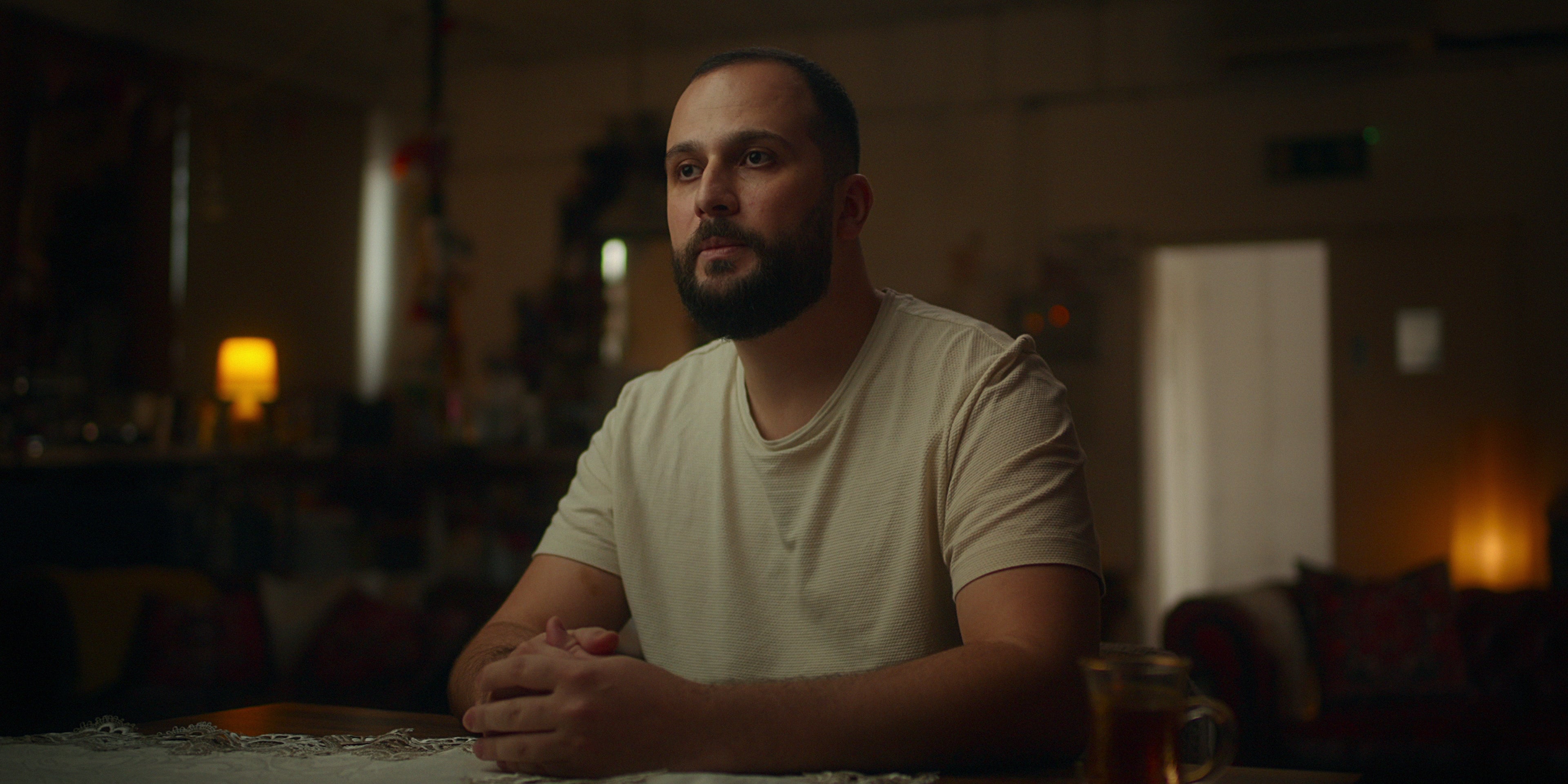
The public inquiry into the fire ended last September after seven years, and cost £200m. Its main findings were that failures in both the private sector and the government had caused the fire, and that there had been “systematic dishonesty” from the cladding and insulation manufacturers Arconic, Celotex and Kingspan. With the inquiry over, Sadiq says that it felt like the right time to work on a project of this scale, and the sheer might of Netflix helped too.
“There was an opportunity to really dig into what was new to say and what people might not know,” says Sadiq. The idea, she says, was not to “get loads of bereaved survivors in a chair to just unpack the worst night of their lives because, actually, that just feels like trauma farming. We wanted people to buy into the purpose.”
Crucial to finding that purpose was Peter Apps, a housing journalist who has written more than 1,000 articles about Grenfell to date, as well as a book, Show Me The Bodies: How We Let Grenfell Happen. He was keen to be involved in the film, and to bring the story to a wider audience. Despite the inquiry into the fire and the resultant 1,700-page report, “there’s something about a documentary that brings in a much bigger audience. I think that it’s really important – if we’re talking about justice and change – that people are aware of what happened and why.”
It’s very callous whenever someone’s aware that what they’re doing might result in the loss of life
Apps served as an interviewee and also a research consultant, drawing on his work for the trade magazine Inside Housing. While the media at large naturally gravitated towards the human interest side of Grenfell, he spent many years writing for a different audience, who wanted to know more about the corporate side of things, and how materials that had been linked to other deadly fires abroad had ended up on Grenfell. “They [wanted] to know how to make sure this didn’t happen again,” says Apps. “Who needs to be held to account? What is happening day to day at the inquiry?”
The thing he found most chilling about it all, he says, is how people put profit ahead of other human lives. “It’s very callous whenever someone’s aware that what they’re doing might result in the loss of life. Some of those emails [from company executives] are very, very clear that [the products in question] have a fire safety risk. I find that really scary, because it shows how fast we can slip into not caring about other people, and not seeing them as humans with lives worth protecting.” At one point in the film, we see an email from the former head of the technical sales support team at Arconic, Claude Wehrle, who simply replies with the word “oops” when confronted with evidence of just how flammable the company’s cladding could be. (The president of Arconic’s French arm, Claude Schmidt, denied that Wehrle was “making light of the situation” at the time; like many others involved in the story, Wehrle didn’t provide comment to the documentary-makers.)
Apps’s background lends itself perfectly to a documentary like Grenfell: Uncovered, which homes in on those manufacturers, to look at who knew what and when in forensic detail. Was it difficult to get insiders to go on the record? “Extremely,” says Sadiq. “The majority of people that we reached out to who used to work for the corporations chose not to speak to us. Some ignored us. Some said no. Some responded with stronger words…” Still, Sadiq and her team were able to secure interviews with the likes of Sara Sjöberg, a former employee of Arconic. Someone like Sjöberg, Sadiq says, “was obviously apprehensive”, and there was a long gap between their first off-the-record chat and the interview that we see in the film. “I think she said she needed the time to think about it. We needed to build a sense of trust as well with everybody, not just with someone like her.”
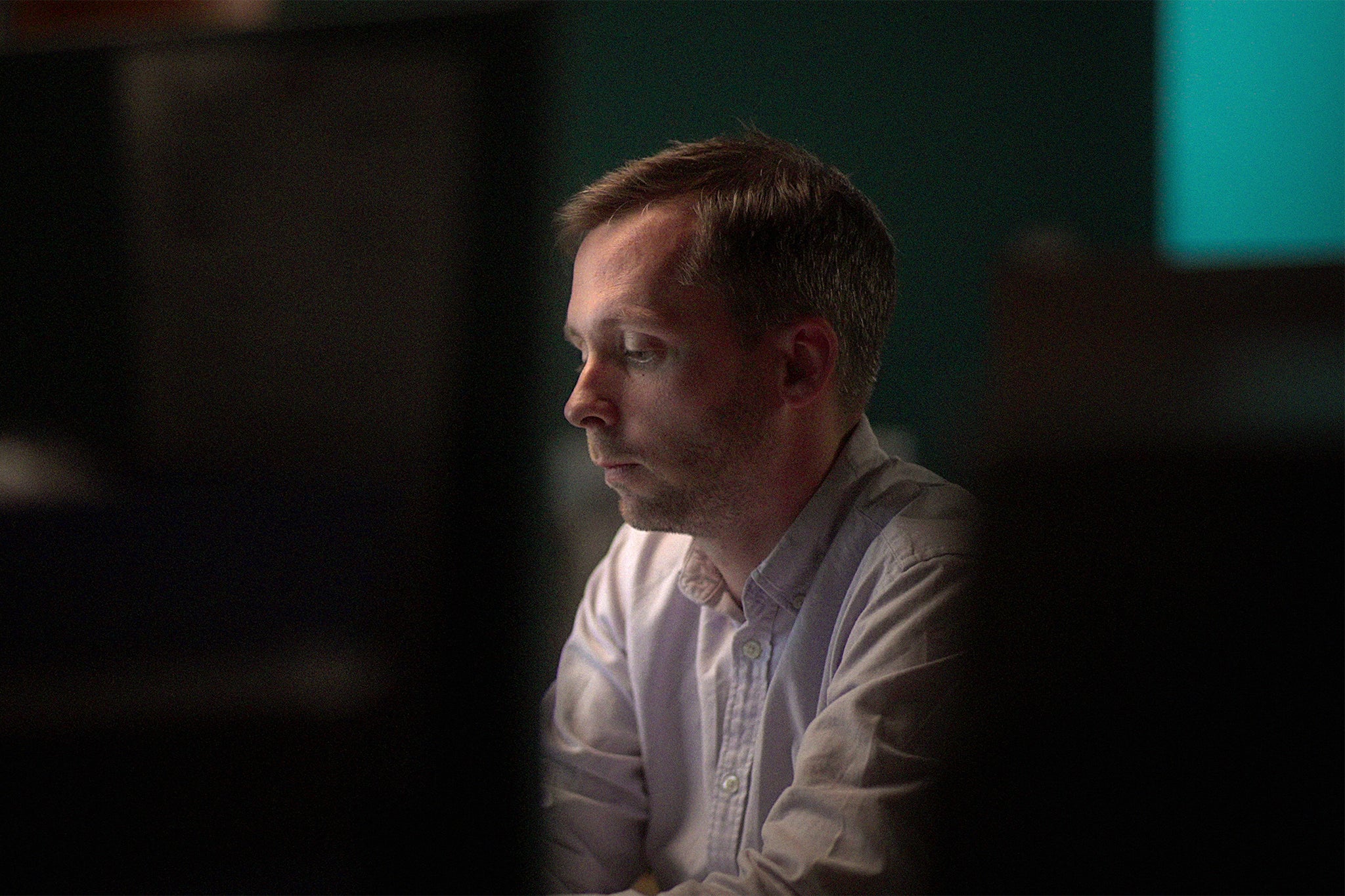
The most recognisable interviewee here is former prime minister Theresa May, who was running the country at the time of the fire. While she has previously said in print that her response to the fire wasn’t good enough (she met with firefighters rather than residents in the aftermath), this appears to be the first time that she has admitted fault in a broadcast interview. Sadiq was amazed that May sat down with her in the end, and even more so when she heard what she had to say, not just about her own behaviour but the part that the Conservatives’ war on housing regulation had played in the fire (in 2012, David Cameron declared that his New Year’s resolution was to “kill off the health and safety culture for good”).
“It was surprising to us how open she was about the role deregulation played in the Grenfell story, and how it wasn’t always being looked at, maybe with the urgency or the seriousness that it should have been,” Sadiq says. “That was really, really honest. I think a lot of people who have been involved in this process, or who have seen the film – whether they like her or not – appreciate that openness.”
Crucially, the film also centres the victims and survivors. Among them, firefighters who had no idea how to tackle a blaze as ferocious as Grenfell, and families who didn’t live in the tower, who are still trying to piece together what happened to their loved ones that night. For Omar, however, he knows the story all too well, and it’s one that has left him desperately angry. While he says it’s often difficult to open up about what happened, he found that he benefited from being part of the film. “I just felt comfortable with [the documentary team],” he says. “They are similar to me. They understand our situation. They understand our struggle. And they wanted to deliver this message. Sometimes when you do press, you feel like you're kind of used, just to take the information from you. But I felt that I could actually open my heart to them.” It was, he says, “like speaking to my therapist”.
Apps is clear about what he sees as justice for the bereaved and the survivors of Grenfell. “Justice has to mean criminal liability,” he says. He envisages a long fight still to play out, but also remains optimistic that something will come of the long-running police investigation, which began in 2017. Grenfell: Uncovered may well play its part, and you get the sense that it has the potential to put the disaster firmly back into the national conversation. “I think this film can contribute,” adds Apps. “The more people who know, and the more people who care, the more anger there will be if these organisations and individuals aren’t held to account.”
For Omar, it’s about making sure that a tragedy like Grenfell is never repeated, and that the failures become widespread knowledge. It is also, of course, about honouring the people, like his brother, who perished. The film, he says, “is about truth – our truth. It's not just about the trauma, but it’s about the resistance and remembrance. I don’t want Mohammad and the others to be just a number.”
‘Grenfell: Uncovered’ arrives on Netflix on 20 June
Netflix’s Grenfell: Uncovered is a raw, urgent film that pulls no punches – review
The wild true story behind The Waterfront, Netflix’s violent maritime crime drama
Netflix’s The Waterfront is pure American soap with flashes of grisly violence
Holt McCallany: ‘My mother would berate me for trying to split the bill with a lady’
Welcome back Noel Edmonds, oddball king of British TV
Documentarian Adam Curtis: 70, encyclopaedic and the BBC’s coolest asset


